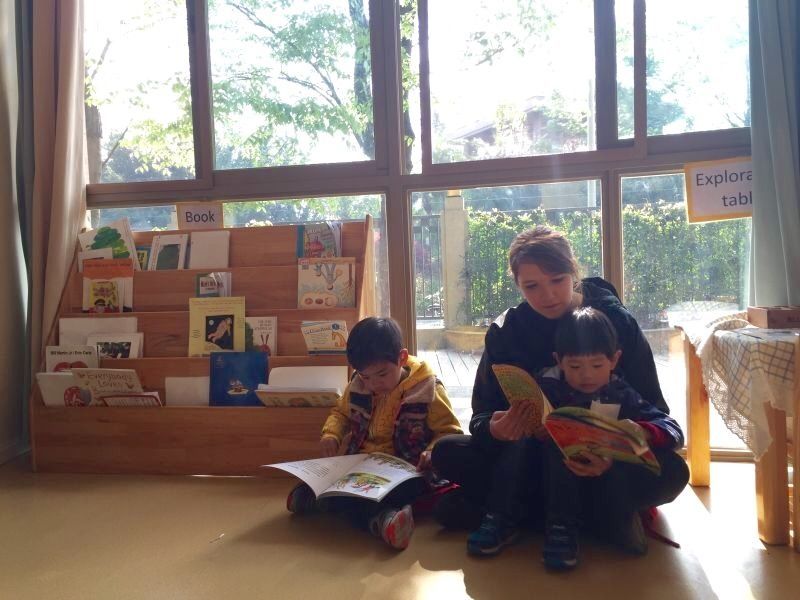How to Learn Another Language While Teaching Abroad
Get to know your new home
One of the best parts of living in another country is the opportunity to learn a new language and practice with native speakers around you. Not only will this increase your confidence as a newcomer, it opens up a new perspective: As Joanne Harris (author, Chocolat) wisely said, “If you want to know what’s important to a culture, learn their language.”
Many people travel to become fluent (or as close to fluent as possible) in a foreign language, and choose teaching abroad as a means to support themselves while they do it. Even if practicing a language isn’t one of your main goals for living abroad, it’s a fantastic way to supplement your experience as a teacher. As you instruct your students on the intricacies and, let’s face it, contradictions of the English language, you’re already in the language-learning mindset. Why not embrace the local tongue while you’re at it?
So how do you find opportunities to learn a language while working as an English teacher?
Use your students or your school
This will depend on the culture of your country and your school, but if you’re in a position to build personal relationships with your students and their families, let them share their language with you!
Some schools have language courses available for their teachers. Go to them! Not only will you get the benefit of formal instruction, you’ll be showing your employer that you’re committed to thriving in your new home. Additionally, even a basic understanding of your students’ native tongue will help you identify the root of any errors they make in the classroom.
Join a sports team or club
If you’d like to focus on mastering conversation in the colloquial language, a sports team or other recreational group is a great way to meet people in the community and practice. You’ll already share a love of a sport, hobby, or other interest, which can make bridging cultural barriers or getting to know new people easier. A sports team is an especially good way to force yourself to communicate – you’ll need to function as part of a cohesive group.
Find a conversation partner
Whether it’s the man you buy your weekly fruit from, a neighbor you like to surf or garden with, or a colleague at your school, find the time to have regular conversations with a buddy. They’ll probably be hoping to practice their English on you, so make it a mutually beneficial relationship by making sure half of your conversations are spoken in the local language.
Take classes at a language school
If you’re dedicated to learning the spoken and written language, taking a class yourself is a great way to do it. Depending on your teaching schedule, some courses may be too much of a time commitment. However, choosing this route may ease your path to legal work in some countries, particularly ones in Western Europe. Foreign nationals travelling in most EU nations on a student visa can work legally for up to 20 hours a week. Working part-time as a tutor or language assistant is a good way to do this.
A formal class is also a way to show your learning on paper for any future opportunities, like graduate school, another teaching position, or professional advancement.



